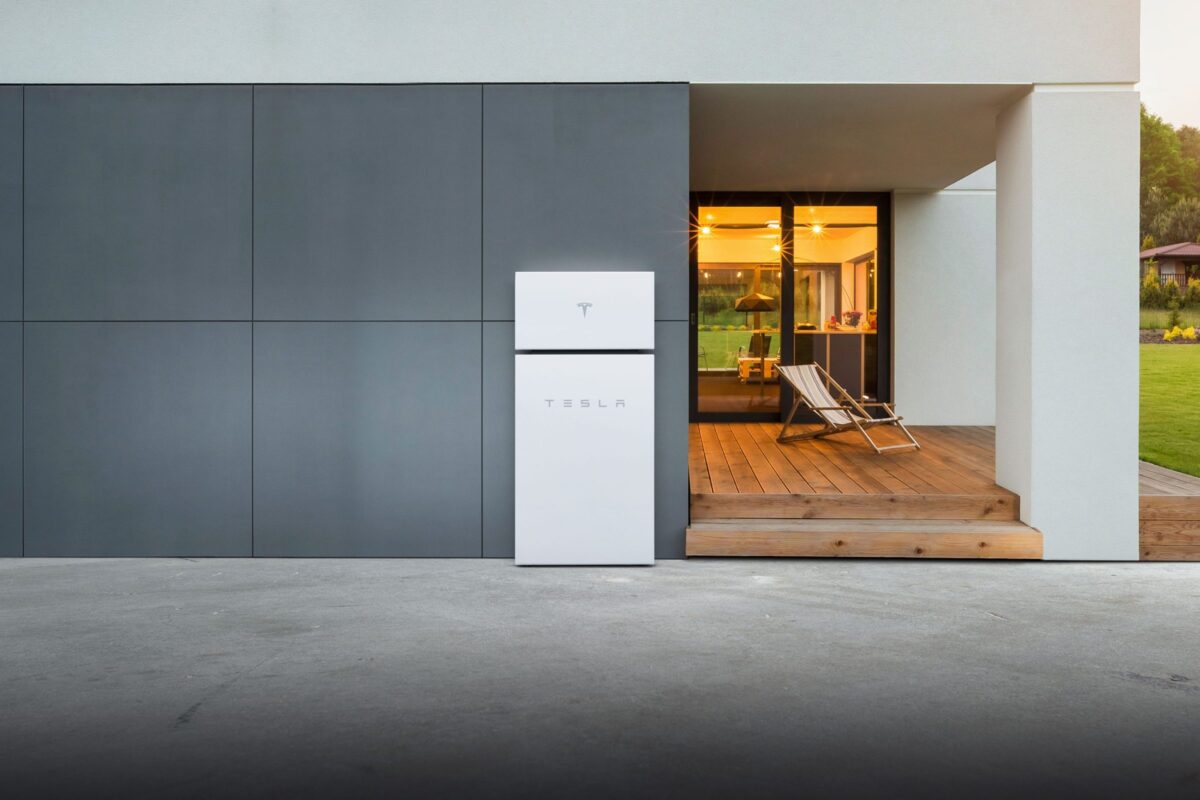Auto maker Ford Motor is adding a 4 MW (8 MWh) lithium-ion battery storage project to its Midwest automotive assembly operations with a project developed in Windsor, Ontario at Ford’s Essex Engine Plant by Convergent Energy and Power, an Energy Capital Partners portfolio company which develops grid-scale energy storage projects.
The grid scale project marks Ford Motor’s further expansion into on-site energy storage generation following the May 2021 deployment of a battery energy storage system (BESS) to power EV chargers at the Ford Research & Engineering Center in Dearborn, Michigan with an on-site PV generation of 1.1 GWh. The project represents the third distributed energy project announcement since Ford Motor’s August announcement that it will procure 650 MW of utility solar generation in Michigan from local utility DTE Energy, marking the largest commercial procurement of utility solar.
Ford Motor’s new Ontario standalone BESS project utilizes Convergent’s proprietary AI-based lithium-ion battery technology allowing the automotive manufacturer to lower its energy costs while providing grid resiliency solutions into the local Ontario grid.
Convergent spokesperson Kate Siskel told pv magazine that the energy storage developer has developed 40 MW of BESS projects in Ontario to date. Its project portfolio includes more than 500 MW of storage and solar projects under development.
“With our friends at Ford’s Essex Engine Plant, we’ve proven that our battery energy storage systems can lower commercial and industrial facilities’ utility bills,” said Johannes Rittershausen, Convergent CEO .
According to the Ontario Energy Board, daily peak energy prices have risen to 15.1 cents per kWh today from under 10.5 cents per kWh in 2015. High energy prices has caused numerous commercial and industrial customers in the province to procure distributed energy resources such as solar and energy storage projects from regional developers.
Two years ago, Ford Motor Company announced its intention to achieve carbon neutrality globally by 2050, with interim targets set. The company will be able to attribute all its electricity supply in Michigan to clean energy. Ford is purchasing carbon-free electricity through DTE’s MIGreenPower program, which, to date, has more than 600 businesses enrolled, along with more than 62,000 residential customers.
The views and opinions expressed in this article are the author’s own, and do not necessarily reflect those held by pv magazine.
This content is protected by copyright and may not be reused. If you want to cooperate with us and would like to reuse some of our content, please contact: editors@pv-magazine.com.








By submitting this form you agree to pv magazine using your data for the purposes of publishing your comment.
Your personal data will only be disclosed or otherwise transmitted to third parties for the purposes of spam filtering or if this is necessary for technical maintenance of the website. Any other transfer to third parties will not take place unless this is justified on the basis of applicable data protection regulations or if pv magazine is legally obliged to do so.
You may revoke this consent at any time with effect for the future, in which case your personal data will be deleted immediately. Otherwise, your data will be deleted if pv magazine has processed your request or the purpose of data storage is fulfilled.
Further information on data privacy can be found in our Data Protection Policy.